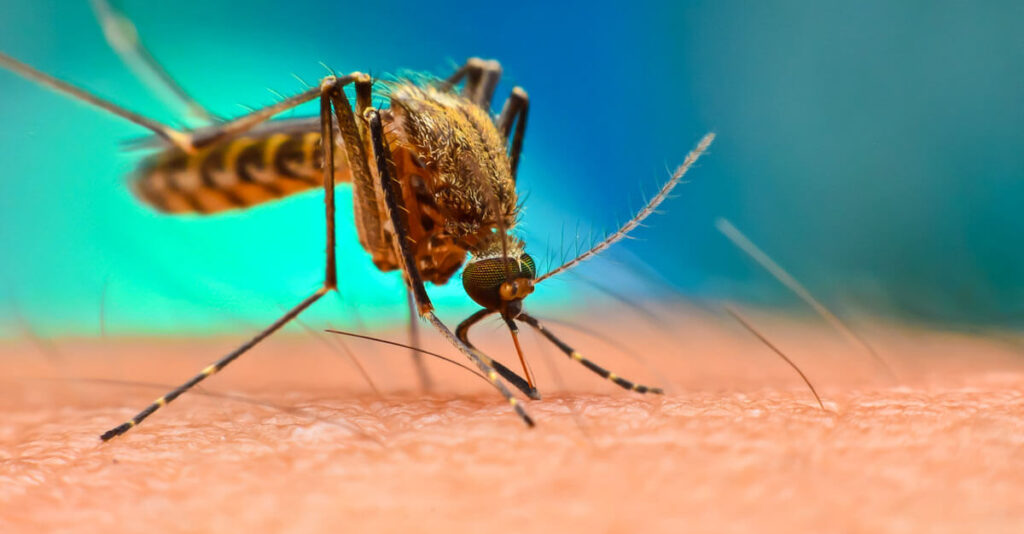China is grappling with a widespread outbreak of the chikungunya virus, with over 7,000 confirmed cases reported in Guangdong Province since July 2025. The outbreak has significantly impacted several cities, with Foshan City emerging as the most affected area.
In response to the surge, health authorities in Foshan have implemented strict containment measures. Infected patients are being kept in hospitals under mosquito nets and are only discharged once they test negative or complete a mandatory seven-day stay. The aim is to prevent further transmission through mosquito bites.
Beyond Foshan, at least 12 other cities in Guangdong have reported nearly 3,000 cases in the past week alone, raising serious public health concerns across the province.
Chikungunya is a mosquito-borne viral disease primarily transmitted by the bites of infected female Aedes aegypti and Aedes albopictus mosquitoes. The name “chikungunya” originates from a word in the Kimakonde language, meaning “that which bends up,” a reference to the stooped posture resulting from severe joint pain one of the hallmark symptoms of the illness.
Symptoms typically emerge between 2 to 12 days after being bitten, with the average onset occurring within 4 to 8 days. The disease usually begins with a sudden high fever and is often accompanied by debilitating joint pain. Other symptoms include muscle aches, headaches, nausea, fatigue, and skin rashes. While most patients recover within a few days, joint pain can persist for weeks or even months in some cases.
Vulnerable groups including newborns, the elderly, and individuals with pre-existing health conditions are at higher risk of severe complications. In such cases, hospitalization may be necessary due to the potential for organ damage or even death.
Treatment is supportive and aimed at managing symptoms. Anti-pyretics are used to reduce fever, and pain relief is provided through analgesics and adequate hydration. However, aspirin and other non-steroidal anti-inflammatory drugs are discouraged unless dengue is ruled out, due to the increased risk of bleeding. There is currently no specific antiviral treatment or vaccine for chikungunya.
As the outbreak continues to spread, health officials are urging residents in affected areas to take precautions to prevent mosquito bites and eliminate breeding sites to curb further transmission.

